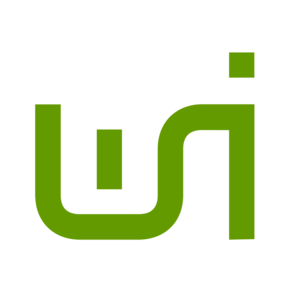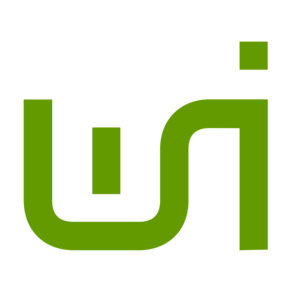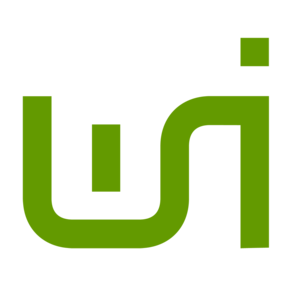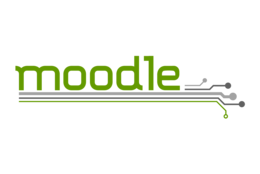Information Management
| Module: | 7a |
| Lecturer: | Prof. Dr. Richard Lackes / Carsten Decking / Julian Sengewald |
| Scope / Credits: | 4 SWS / 7,5 Credits |
| Course type: | Lecture and exercise (both in presence) |
| Language: | German |
| Date and place: | Monday 12 am - 2 pm: EF50/HS (Lecture) Thursday 10 am - 12 am: HGII / HS 5 (exercise) |
| Beginning: | Thursday, 10.10.2024 |
| Exam: | written exam |
Content overview
The resource information represents one of the most important ingredients for decision-making. Availability, quality, topicality and processing of information are important characteristics that must be ensured while taking cost aspects into account. Given the immense amount of data, this task can no longer be adequately accomplished without modern information systems. Knowledge of modern information and communication systems is a key qualification for economists. Not only the handling of such systems, but above all the knowledge of their functioning, structure and internal connections is indispensable in order to be able to carry out more than just routine work.
The course "Information Management" therefore addresses the design, implementation and use of operational information and communication systems. The ARIS concept with its four views of information systems serves as a basis. The focus is on the control and process view on the one hand and the data view on the other.
The basis for an adequate design of information systems is knowledge of the operational processes of a company. These must be suitably documented and known in the company so that they are also carried out there as intended. They form the basis for weak point analyses and offer starting points where improvements are possible. These and other aspects are dealt with within the framework of the process and control view.
Furthermore, the analysis of a company's processes also provides insights into the accruing and required data. The organisation of this data is dealt with in the data view. Here, the structure of the operational information is conceptualised on the business concept level. The result is a conceptual data schema that can be seen as the blueprint for the database on which any information system is based in terms of data technology. The technical concept is then further concretised with regard to the technologies used and transferred into a DP concept. Finally, it must be realised at the implementation level.
While the process and control view are mainly considered at the functional concept level in the context of the "Information Management" course, all three levels are passed through in the data view. The DP concept level and the implementation level are then dealt with and deepened in the summer semester in the course "DP-supported methods".
Learning objectives
On the one hand, the course aims to impart knowledge in dealing with the resource "information" in the business environment. On the other hand, knowledge about the structuring and presentation of business processes should be imparted. The awareness of the problems of business processes and information management should be sharpened in order to be able to consider their requirements in the context of business applications. At the end of the course, students will not only be able to design an information system conceptually, but also to implement it at database level. Furthermore, they learn how to extract available data from an information system and aggregate it into information with the help of the database language SQL.
Scope and classification
The course is offered in the winter semester. The compulsory scope is 4 SWS and consists of a lecture and an accompanying exercise. In addition, tutorials are offered for special teaching of the contents.
Co-operation
In co-operation between the Chair of Information Systems and the FRITS project of the MNI department at THM, students have the opportunity to use an additional SQL platform for their learning projects in the subjects of information management and data management. https://frits.mni.thm.de/







